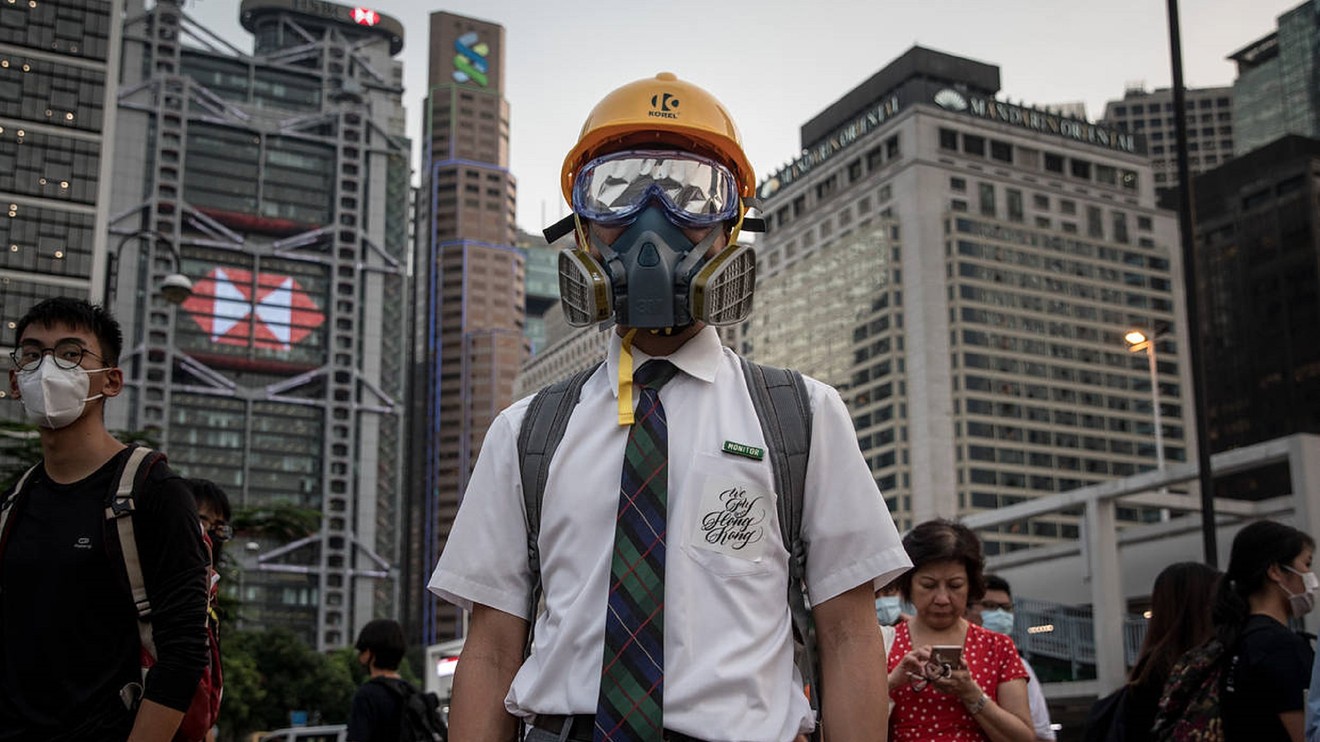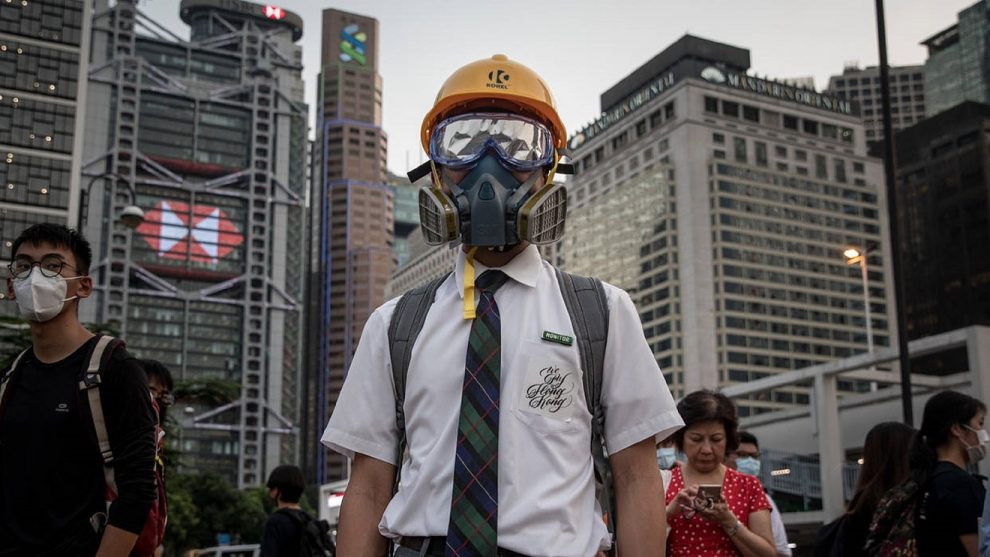
The Chinese government usually takes elaborate measures to cover up unrest in its region. But this time it’s different, as citizens of Hong Kong protest against a controversial extradition bill. Unlike run-of-the-mill demonstrators, Hongkongers are well-versed at using technology, and this is causing major problems for the police.
Instead of relying on a single committee, one charismatic leader or a physical location, the protesters meet, make decisions and advertise their actions online. Using messaging apps like Telegram, which enables encryption and protects users’ identities, and LIHKG (a forum similar to Reddit), protesters have been able to coordinate their efforts and launch takeovers.
Protesters immobilized Hong Kong International Airport for five days after voting for the move on Telegram. The discussion covered both the pros and cons of the action, with some suggesting they should overrun the subway instead.
Escalating violence
The protests, while peaceful for the greater part, escalated with detention and violence toward two men: one a state-run Global Times newspaper journalist, and the other a Chinese man suspected of being a police infiltrator. A vote was taken on what they should do with these men who sustained non-life-threatening injuries, and after several hours both were released to paramedics. While the conflict could have easily ended in tragedy, in the end, no human life was lost.
Telegram and LIHKG are used for more than just quick mobilization and coordination: Chat rooms and forums are also the main marketing and advertising hub, responsible for launching and financing campaigns on a global scale. For one such campaign, protesters and supporters raised more than $1 million in less than an hour, leading to ad placements in global newspapers. One of the ads said: “Hong Kong is becoming a police state. Instead of implementing political reform as promised, the Hong Kong government has turned into an apparatus of repression. Police brutality, endorsed by both the Hong Kong and Chinese governments, has now become part of our daily lives.”
Group structure
The Chinese government didn’t stand still. It is actively seeking out and imprisoning chat-group administrators, as well as influential chat contributors, making arrests and launching distributed denial of service (DDoS) cyberattacks against the Telegram, seeking to disrupt its service. While having caused some minor setbacks, those efforts have failed to stop the protests so far. Since the protesters’ actions are a result of a majority vote rather than decisions made by a single charismatic figure or a distinguished group, even if the Chinese government takes down some of the influencers, new ones can successfully replace them. This type of group dynamics, coordination and agility is common in online movements; the distinction here is that online activism has spilled over to the real world.
But there is another, much deeper issue than the controversial bill of extradition that the Hong Kong protests are trying to address.
This video, which shows protesters in Hong Kong toppling facial-recognition towers, was recently published. Last month, the Chinese government revealed plans to install at least 400 of the towers, claiming their cameras would be used to enhance smart-city capabilities and not for facial recognition. Knowing how important mass surveillance is for the regime that seeks to control its 1.38 billion residents, it’s hard to imagine that Hong Kong would be left out of the picture, especially now that many of its denizens are in danger of being labeled as terrorists.
Far more than opposing the bill, which is currently suspended (and most likely to be revived after the protests), the citizens of Hong Kong are fighting for their freedom and democracy, something so alien to the government that aims to oversee and control their every move.
As governments get more tech-savvy, so do their citizens, who now understand and actively strive to minimize their online footprint. Finally, Hongkongers aren’t the only ones fighting for fundamental human rights; all over the world different groups face persecution, and online anonymization tools help to make their struggle more bearable in the increasingly digital world.
Jurica Dujmovic is a MarketWatch columnist.











Add Comment